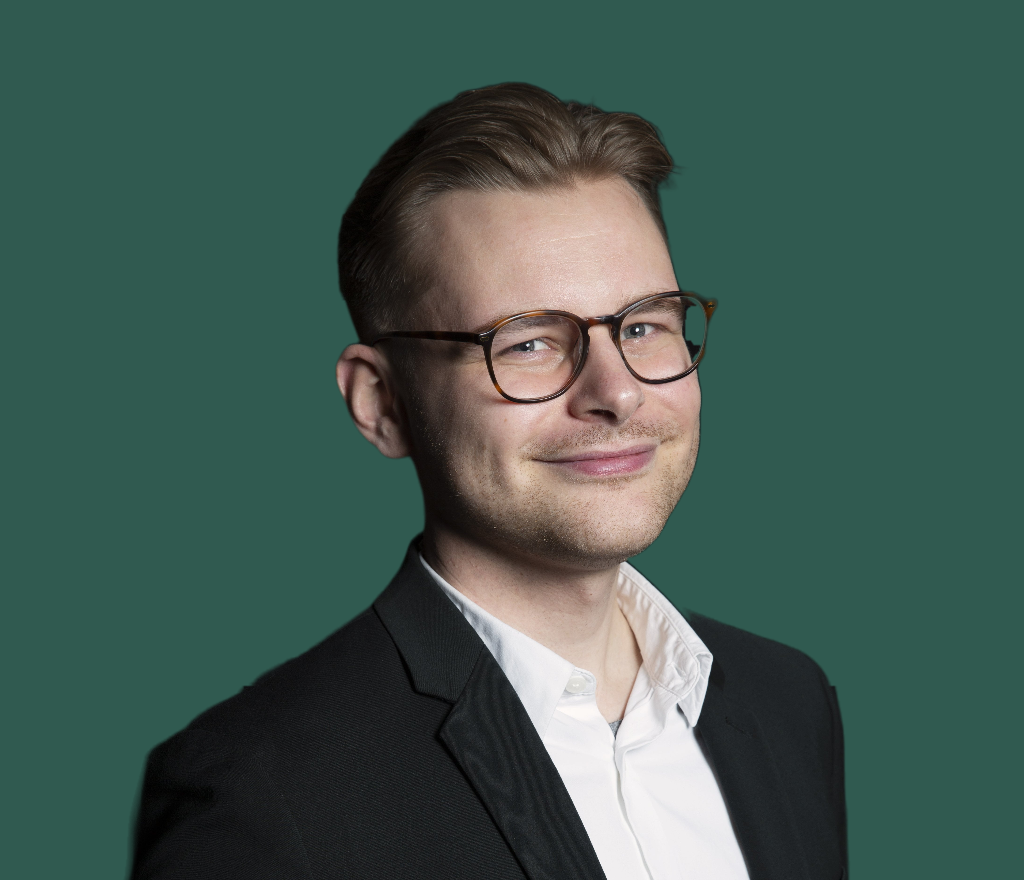I had the privilege to participate in a democracy conference and hackathon in Moldova in October, just days before the country’s pivotal EU referendum and presidential elections. Organized by the Alliance of Democracies Foundation in collaboration with local partner Yep Moldova and supported by USAID and the New Democracy Fund, the event was a hub of creativity, democratic innovation and a dose of foresight.

Moldova’s position as a frontline state—nestled between the EU and the Russian sphere of influence—places it at the heart of some of the most pressing geopolitical challenges. But it also underscores its immense potential. As the nation voted on embedding EU membership into its constitution, the stakes couldn’t have been higher.
My role was twofold: speaking at the accompanying conference about democratizing futures and mentoring young entrepreneurs during a hackathon focused on democracy tech. Even from someone with an innovation background myself, I was really inspired by ingenuity at display at the hackathon and how societally focused the teams were in terms of problem-solving. The young people didn’t investigate community-level issues. Instead, the teams tackled complex challenges like combating misinformation, increasing government transparency, and driving civic engagement—issues that resonate far beyond Moldova’s borders.
The winning team developed an innovative blockchain solution for increased transparency in the policy-making process, earning them a spot at the prestigious Copenhagen Democracy Summit next year. Watching their pitches reminded me why I have turned some of my focus towards working with youth: they bring bold ideas and unfiltered perspectives that are needed to challenge the status quo. They are not in the same way weighted down by ‘we have done this before, it didn’t work’ and many of them possess a healthy dose of idealism in a cynical world.
Besides that, it was humbling to exchange ideas with leaders, activists, and entrepreneurs who are on the frontlines of democracy innovation. Amid deepfakes, cyberattacks, and disinformation campaigns—a grim reality in Moldova’s context—these discussions felt urgent and necessary.
Foresight and democracy: Two critically linked visions
At the conference, my talk revolved around the critical link between foresight and democracy. As I shared with the audience, democracy thrives on inclusivity, adaptability, and a long-term vision. By engaging citizens, especially young people, in structured yet imaginative futures-thinking exercises, we can help reimagine democratic systems to become more resilient and relevant. We need much more of this work, because democracy also needs to be driven from the bottom-up.

The conference unfolded against a tense political backdrop. The week after my visit, Moldova narrowly passed its EU referendum with just 50.4% of the vote, while pro-European President Maia Sandu advanced to the second round of elections (that she later won. With the elections heavily shadowed by Russian interference, these slim margins are a reminder of the resilience required to uphold democratic values in the face of external pressures, particularly from Russian propaganda and influence.
This moment in Moldova reflects a broader narrative playing out across Europe (and the West): the fight to safeguard democracy is ongoing and not just in Eastern Europe. It’s not enough to simply look to protect institutions but also about empowering individuals—particularly the next generation—to co-create democratic systems that work for everyone.
Since my trip, I have reflected a lot on how I can take the learnings into my work. These young entrepreneurs and changemakers truly showed me that democracy really isn’t just about elections; it’s about constant innovation, participation, and foresight. This is one of the most meaningful initiatives, I have been a part, continuing the work on a workshop called Democratizing Futures Lab that I held in Copenhagen in the Spring for entrepreneurs from the frontline democracies Ukraine, Moldova and Georgia. Even when the threat is existential, this work has reaffirmed my belief that by equipping people with the tools to imagine and shape their futures, we can help create democratic systems that are not only resilient but also inclusive and forward-looking.
Moldova may be small, but its fight for democracy holds lessons for us all. The futures are shaped not just by policies or geopolitics but by the collective vision of those daring enough to imagine a better tomorrow.
Sources:
- https://www.altinget.dk/artikel/demokratispecialist-oesteuropaeiske-valg-kan-blive-en-gylden-mulighed-for-eu-eller-en-fjer-i-putins-hat
- https://www.npr.org/2024/10/21/nx-s1-5159997/moldova-eu-referendum-presidential-election-russia-interference
